An itchy scalp can not only be uncomfortable, but if it’s accompanied by visible flaking, it can be embarrassing too. “We see many patients at Schlessinger MD who are experiencing scalp itch,” says Dr. Daniel Schlessinger, board-certified dermatologist, Mohs surgeon and cosmetic surgeon. “Though it can take some time to find the root cause, topical treatments such as shampoos can often help as a first option, and they’re relatively easy to incorporate into your routine and bring some relief. Then, if they aren’t doing enough to improve things, it may be time to consider a visit to a board-certified dermatologist.” Follow along as we cover the basics of treating an itchy scalp, including:
- Dandruff vs. dry scalp: What’s the difference?
- The best shampoo for an itchy scalp
- Other causes of scalp itch
Dandruff vs. dry scalp: What’s the difference?
If your itchy scalp is also flaking, some common causes include dandruff, eczema, and psoriasis.
Dandruff, which is known as seborrheic dermatitis in the medical lingo, can be caused by an imbalance in the skin microbiome, and in particular a type of yeast called Malassezia. Dry skin on the scalp, which can often be confused with dandruff, is due to a lack of moisture in the skin. Environmental factors such as cold temperatures, windy weather and dry air can contribute to dry skin on your body as well as a dry scalp. It is sometimes difficult to tell between the two of these, but a board-certified dermatologist should be able to tell you what you have.
If your scalp itch is accompanied by redness or scaly patches on your scalp, you might instead be experiencing eczema, also called atopic dermatitis, which is a condition that results in dry, itchy skin. Irritation or allergic reactions to ingredients in shampoos or conditioners can look exactly like this as well and can be determined via patch testing in a dermatology practice. Another possible cause of an itchy scalp is psoriasis, which is an auto-immune condition that causes thick, reddish silver plaques on the skin. Lastly, there are some very rare conditions that can cause a dry-appearing scalp and your dermatologist can look for this.
The best shampoo for an itchy scalp
“There are some fantastic therapeutic shampoos available over-the-counter that help soothe scalp itch, and some formulas contain ingredients that can help improve more than one cause of itchy scalp,” says Dr. Joel Schlessinger, board-certified dermatologist, Mohs surgeon and cosmetic surgeon. “This can be especially helpful for someone who is unsure what they are suffering from or those who may have multiple reasons for their itchy scalp. Oftentimes, it is a combination of things as people first have dandruff and then apply things to their scalp to try to treat the dandruff, but turn out to be allergic to them, further muddying the picture.”
CLn Shampoo
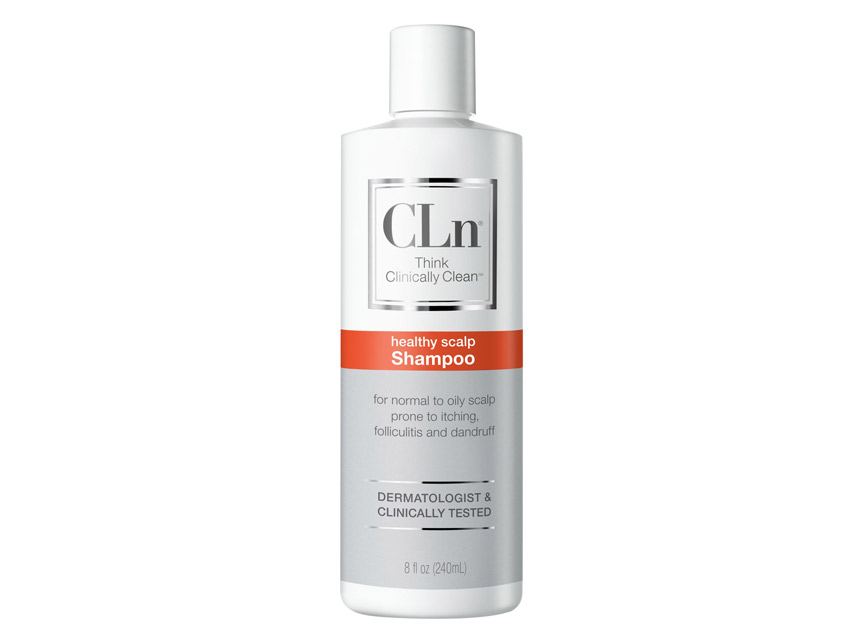
Formulated to treat: Dandruff/seborrheic dermatitis, psoriasis, eczema, dry scalp
Key ingredients: Sodium hypochlorite, salicylic acid and glycerin
Noble Formula Bar Soap
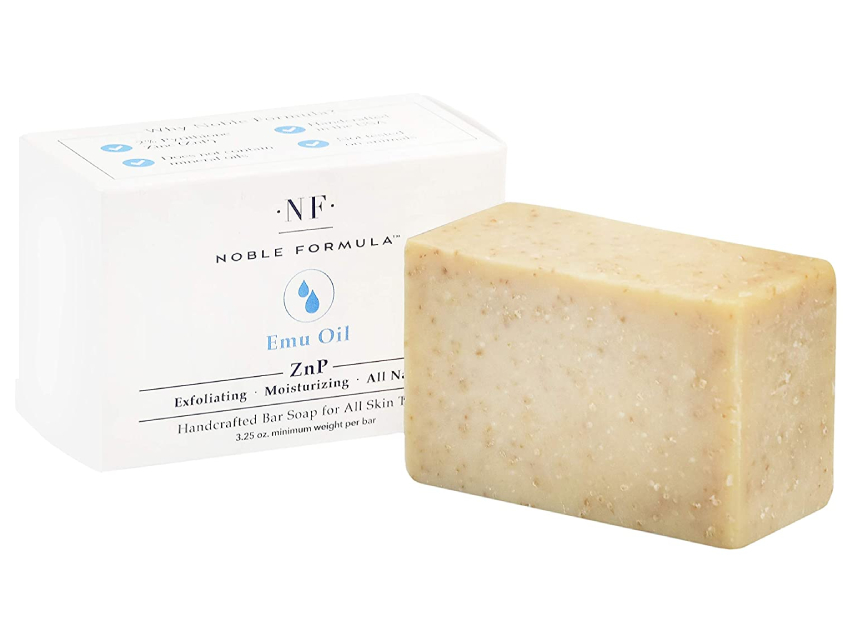
Formulated to treat: Dandruff/seborrheic dermatitis, psoriasis, eczema
Key ingredients: Pyrithione zinc, ground oatmeal, calendula oil and emu oil
Vanicream Dandruff Shampoo
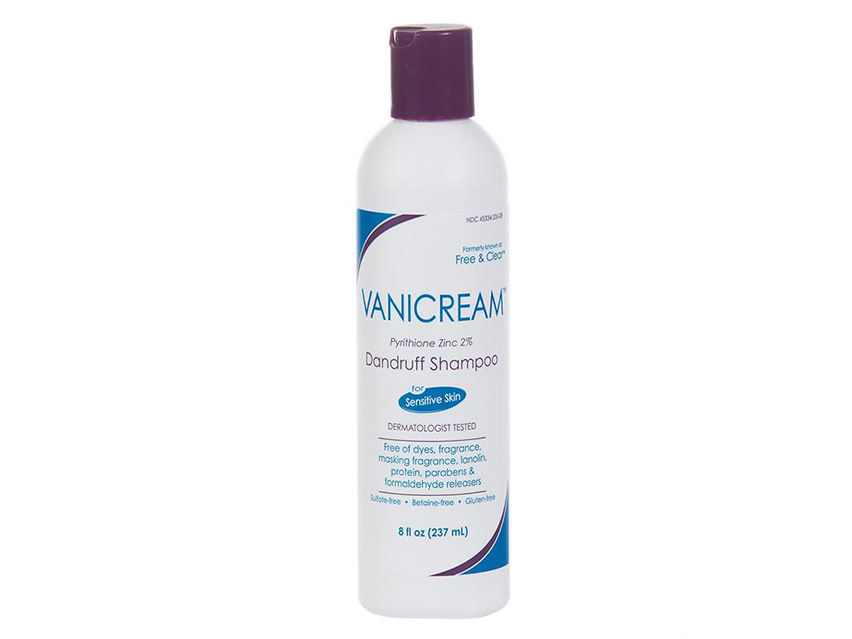
Formulated to treat: Dandruff/seborrheic dermatitis
Key ingredient: Pyrithione zinc, glycerin
Tarsum Relief Shampoo
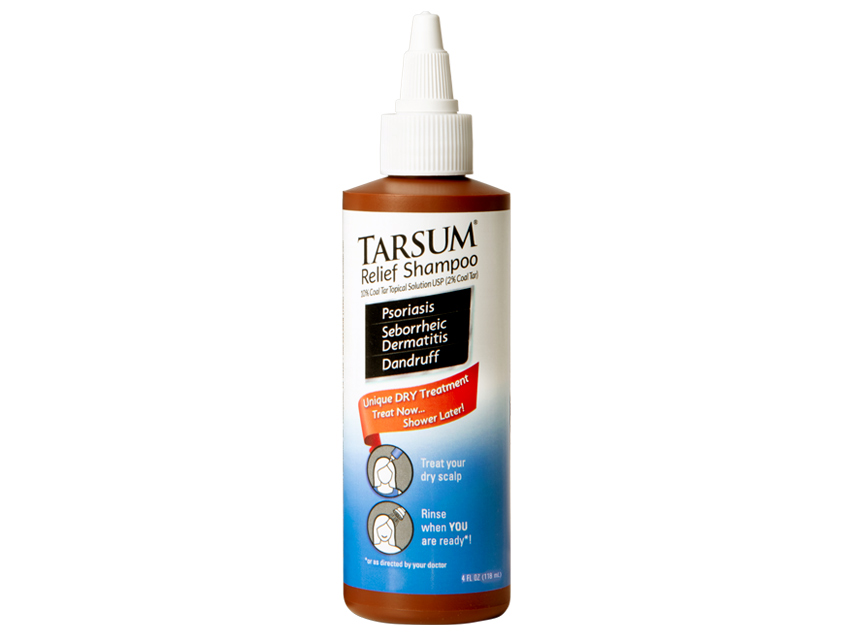
Formulated to treat: Dandruff/seborrheic dermatitis, psoriasis
Key ingredients: Coal tar, salicylic acid
PHYTO Nourishment Nourishing Shampoo
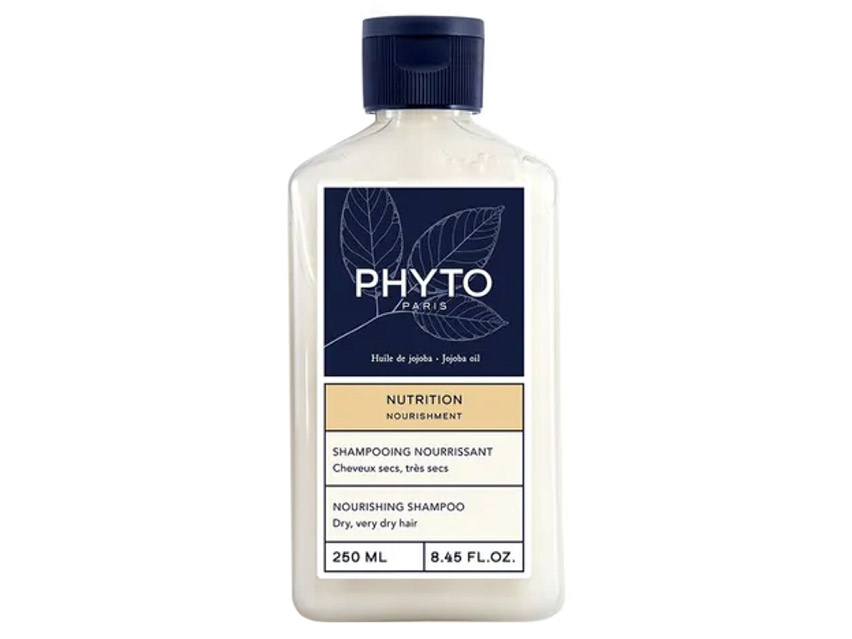
Formulated to treat: Dry scalp
Key ingredients: Jojoba oil, sunflower seed oil
Other causes of scalp itch
There are other causes of scalp itch that require different treatments. If your dermatologist has ruled out dandruff, dry scalp, psoriasis and eczema, it’s possible one of these issues or conditions could be the root cause of your scalp itch:
Product build-up: If you don’t shampoo your hair regularly and use styling products, especially ones that come in direct contact with your scalp like dry shampoo, product build-up could be a potential cause of your scalp itch. “I recommend shampooing your scalp and hair daily to avoid a build-up of product and dead skin cells on the scalp,” Dr. Joel Schlessinger says.
Folliculitis: A bacterial skin infection or inflammation around the hair follicles can cause red, itchy bumps to develop throughout the scalp. Depending on how extensive these are, they may require antibiotic pills. Shampoos like CLn Shampoo can also be very helpful in these cases.
Ringworm: A fungal infection called ringworm can cause scaly, itchy patches on the scalp. “In our clinic, we typically treat ringworm on the scalp with an oral antifungal medication,” says Dr. Daniel Schlessinger.
Lice: Head lice is another possible cause of scalp itch. These tiny insects feed on human blood and lay their eggs, which are called nits, on individual shafts of hair near the surface of your scalp. “With head lice, an allergic reaction to the bites is what causes the scalp itch,” says Dr. Joel Schlessinger. “You can check your own head for lice and nits using a lice comb and start with an over-the-counter treatment, such as permethrin shampoo. If you’re not noticing any improvement after two treatments, I recommend visiting a board-certified dermatologist to talk about prescription treatment options if the over-the-counter methods have failed.”
Allergic reaction: If you’re experiencing an itchy scalp and also noticing symptoms of burning or peeling, your discomfort might be caused by an allergic skin reaction called contact dermatitis.
“Contact dermatitis on the scalp could be caused by any substance that comes in contact with your head or hair,” Dr. Daniel Schlessinger says. “It could be as obvious as a wool knit hat if you’re allergic to wool or a metal hair barrette if you have an undiagnosed nickel allergy. I’d also take a look at your shampoo, conditioner and hair-styling products and take a break from using them until you can zero in on which is causing a reaction.”
In the meantime, you can treat itchy spots on your scalp with FixMySkin 1% Hydrocortisone Healing Body Balm, which contains hydrocortisone to help lessen inflammation as well as shea and cocoa butters to soothe irritation.
Skin cancer or precancerous lesions: If you can trace your scalp itch to one or more persistent spots on your scalp that are crusted, bleeding or rough, both Drs. Daniel and Joel Schlessinger recommend visiting a board-certified dermatologist for examination. “In the office, your dermatologist can take a close look at the spot to see whether it should be checked for cancerous cells,” Dr. Daniel Schlessinger says. “For people with shaved or bald heads especially, the scalp is a common area for skin cancer, and even those with a full head of hair could develop skin cancer due to years of sun exposure on bare areas such as your part.”
If you’re ready for expert help with your scalp itch, you can visit our appointment portal and schedule an appointment with Drs. Joel and Daniel Schlessinger at Schlessinger MD.